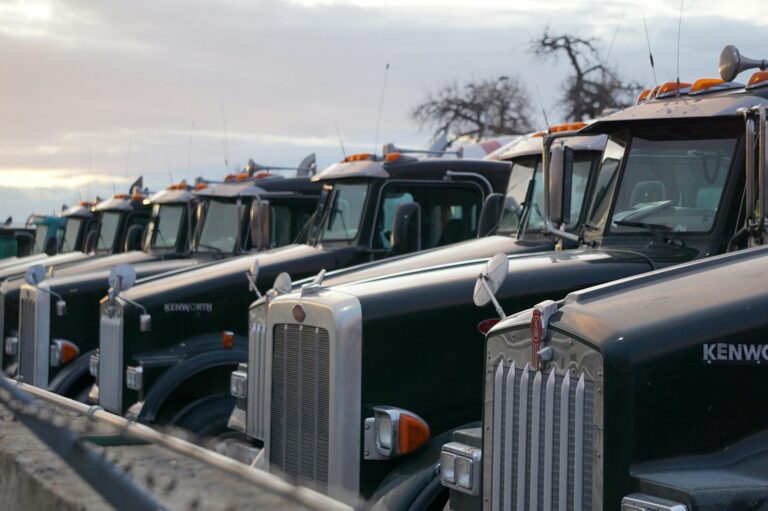
The rise of electric vehicles (EVs) continues to reshape the U.S. automotive landscape, and by 2025, EVs account for nearly 30% of all new car shipments. While this growth creates fresh opportunities for auto carriers, it also brings a unique set of challenges to the car hauling industry.
Understanding the logistics behind EV transport is now essential for every carrier, broker, and dealership involved in vehicle logistics.
Why EV Shipping Is on the Rise
Incentives, stricter emissions laws, and rising fuel costs have pushed automakers like Tesla, Ford, and GM to prioritize electric models. Dealerships across the country are stocking more EVs than ever, increasing the need for specialized car shipping companies that can handle their transportation.
Top EV Transport Challenges in 2025
1. Weight and Load Distribution
EVs are significantly heavier than traditional gas-powered vehicles due to large battery packs:
- A Tesla Model S can weigh over 4,800 lbs.
- Multiple EVs on one trailer can exceed standard load limits.
This forces auto transport companies to recalculate load balance, invest in stronger trailers, and adjust routing for compliance.
2. Battery Safety Regulations
New federal safety standards introduced in 2025 require:
- Thermal isolation between EVs during long-distance transport.
- Restrictions on charging level before shipment (usually under 30%).
- Special permits for damaged or end-of-life battery packs.
Car shippers must now be trained in EV battery risk management and emergency protocols.
3. Equipment Compatibility
Not all trailers are equipped to safely move EVs:
- Low ground clearance makes loading difficult.
- Larger vehicle dimensions require adjustable ramps or liftgates.
- Need for enclosed car transport rises in high-end EV segments (though most haulers still use open carriers).
Carriers who fail to upgrade their fleets are losing contracts to competitors with modern equipment.
Dealer Expectations Are Changing
Dealerships expect:
- Faster turnaround for EV deliveries.
- Real-time tracking of high-value shipments.
- Partnerships with EV-certified auto shipping companies that understand charging, safety, and compliance issues.
As a result, many dealers now prefer working only with carriers trained in EV logistics.
Insurance and Liability Costs
EVs are more expensive to insure during transport:
- Higher average value ($50,000+ per unit).
- Greater repair costs in case of accident or battery damage.
- Specialized policies are needed for electric vehicle transport.
This increases overhead for car shipping companies, which must reflect in their pricing and risk planning.
What Auto Haulers Need to Do Now
To stay competitive in 2025, auto haulers should:
- Invest in EV-capable trailers and weight distribution systems.
- Train drivers and dispatchers in EV-specific handling.
- Build partnerships with dealerships and OEMs focused on electric vehicles.
- Offer compliance reporting and battery safety documentation.
Final Thoughts
EVs are not the future – they are the now. For the car hauling industry, adapting to EV transport challenges is no longer optional. The companies that build the right infrastructure and knowledge base will not only survive, but thrive in this evolving market.



